WTF is KYC?
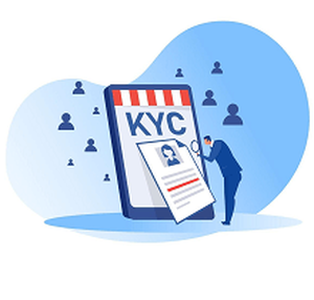
During the process of starting a new business, you will eventually come across a term that you may not have previously heard – KYC. Once you do hear it, though, it will most likely become one of the first and most important steps you take before actually getting your company off the ground. And once you discover all that it entails, you might question the importance of the whole process. But we are here to let you know that KYC is indeed a very important part of the startup process and can be fairly simple and straightforward to complete.
Know Your Customer (KYC) is a process used to verify the identity and other credentials of a financial services user. KYC practices in the US really got beefed up in 2001 as a part of the Patriot Act in the wake of 9/11. The process ensures the legitimacy of customers by verifying their identity for risk assessment. It is considered a major part of the due diligence processes to prevent fraud and financial crimes, such as money laundering.
Financial institutions, such as acquiring banks – those are the banks that accept your credit card transactions on your behalf and deposit cash into your checking account – are held to strict regulations and laws. The regulatory agencies and programs that dictate how KYC should be conducted often look like a bowl of alphabet soup was spilled onto a notepad. FinCEN, OFAC, SDN, BSA, KYC, AML, CDD, and EDD. The list of acronyms and initialisms abound. The Financial Crimes Enforcement Network (FinCEN), OFAC, and SDN all work together under the U.S. Department of the Treasury. The Office of Foreign Asset Control (OFAC), and the Specially Designated National (SDN) List are checked. Customer Due Diligence (CDD) is conducted to verify the personal identity of the individual or individuals signing on the application. Enhanced Due Diligence (EDD) is conducted to verify the identity and validity of the business. This is why when you apply for a merchant account, you’re often asked for a copy of your photo ID, articles of incorporation, and sometimes other business documents such as bank statements and income tax filings. We are trying to establish to the acquiring bank that you are a real person with a real business.
KYC verification can be carried out through different methods and will generally consist of the following stages or processes:
· Customer identification - obtaining personal data such as copies of valid identity documents, birth certificates, proof of address, and income documents to verify the identity of a customer.
· Risk-management - assessing and assigning a risk score based on profile, background information, and transaction data.
· Transaction monitoring - continuous tracking of transactions while registering the source of income.
Aside from the documents that are provided and collected during the application process, there are a lot of tools at our disposal to lend credence to the supporting documents. It’s when the combination of the supporting documents and a clean background come together to paint an accurate corroboration of what is represented on the merchant processing agreement that makes everyone happy and ultimately leads to a timely approval.
Applying for a merchant account is analogous to applying for a line of credit, and this line of credit often starts at $10,000 per month and can go up to millions of dollars per month. The banks extend these
lines of credit to businesses based on the documents and information provided by the business owner, often without ever meeting the business owners face-to-face. It may sound like a daunting task, but it’s not insurmountable with the proper guidance. Once that information is proven to be legitimate, a new business relationship is formed.
KYC also plays an important role in the merchant/customer relationship. Some of you reading this may operate a VOD, clip, or fan site, and as is par for the course, you may have whales – regular customers who spend large amounts of money – either in a single transaction or every month. Does your team have a protocol in place to verify the validity of these transactions? At the very minimum, a member from your customer relations team should be contacting new whales to get a copy of their ID, and you should have a credit card authorization form that they sign and send back to you stating that they are the authorized cardholder, and they are spending large sums of money at your digital properties. By building these interpersonal relationships and requesting a few documents, you, as a business owner, are conducting KYC to protect your business. Of course, as previously discussed, AVS and CVV should always be requested at the time of sale and never be recorded in writing. By conducting KYC, you’re protecting your business against fraud by creating a layer of trust between your business and the cardholder. You know the cardholder is whom they purport themselves to be, and you know the transaction is far less likely to result in a chargeback. In the unlikely event the transaction does become a chargeback, you now have additional documentation to submit during the rebuttal process to prove that you did have prior authorization for the transactions in question.
After all of this Know Your Customer talk, you may have questions about what your new business KYC process will look like, or you may be thinking about ways to implement or improve upon your own KYC process. We can help! The experts at MobiusPay will guide you each step of the way to ensure that your new business is KYC compliant and up and running in no time.
Return to Blog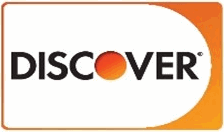
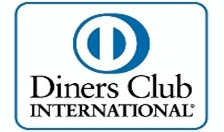


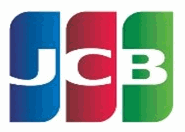
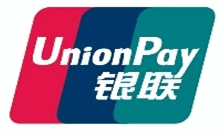
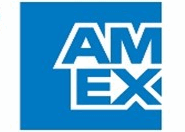

* Created by
